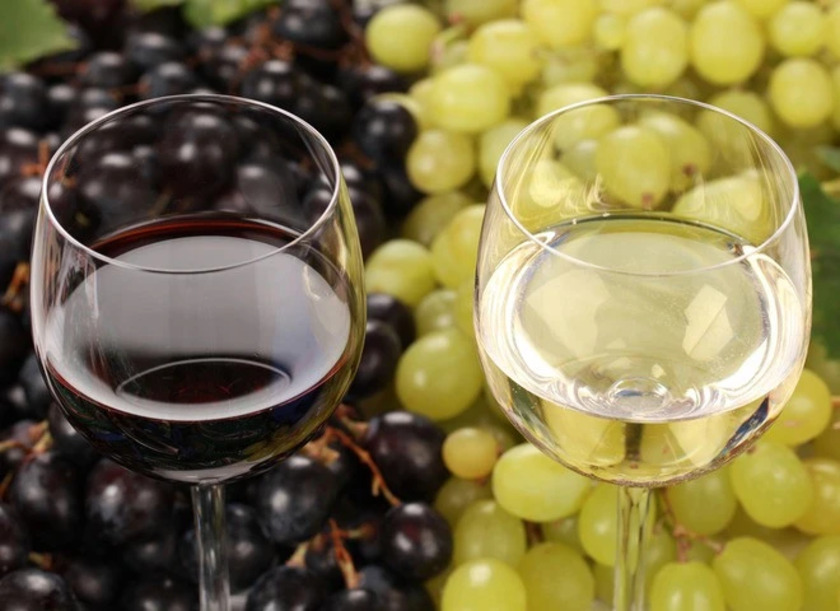
Wine lovers will appreciate it: Swiss scientists have created an AI device that can recognize counterfeit drinks
Scientists have trained AI to track the origin of wine based on routine chemical analyzes, which will allow distinguishing fake wines from genuine ones.
This was reported by The Guardian.
“There are a lot of cases of wine fraud where people make some stuff in their garage, print labels and sell it for thousands of dollars,” said Professor Alexandre Pouget of the University of Geneva in Switzerland. – “This is the first time we show that our chemical methods are sensitive enough to tell the difference.
Using gas chromatography, the scientists analyzed 80 wines collected over a 12-year period from seven different estates in the French region of Bordeaux. This method is commonly used in laboratories to separate and identify compounds in a mixture.
“The first thing we saw that caught our eye was the clusters that correspond to certain châteaux. This immediately told us that there is a chemical signature that is specific to each château, regardless of the vintage,” said Pouget. – “It’s a general picture of the concentration of many, many molecules that distinguishes a château. Each of them is a symphony: there is not a single note that distinguishes them, it is a whole melody.”
What is striking is that the location of the clusters reflects the location of the estates on the ground: wines from the three châteaux north of the Dordogne River are clearly separated from those from the four châteaux west of the Garonne River.
The concentration of compounds contained in the wines of each winery is influenced by many factors, from grapes and soil to microclimate and winemaking process. While the program tracked wines to the correct chateaux with 99% accuracy, it struggled to distinguish between vintages, achieving 50% accuracy at best.

